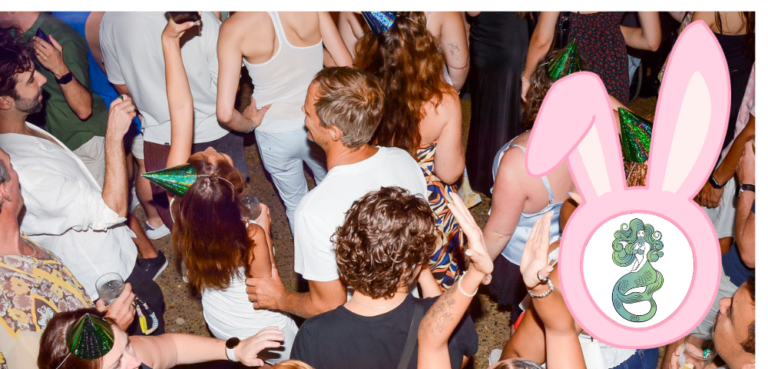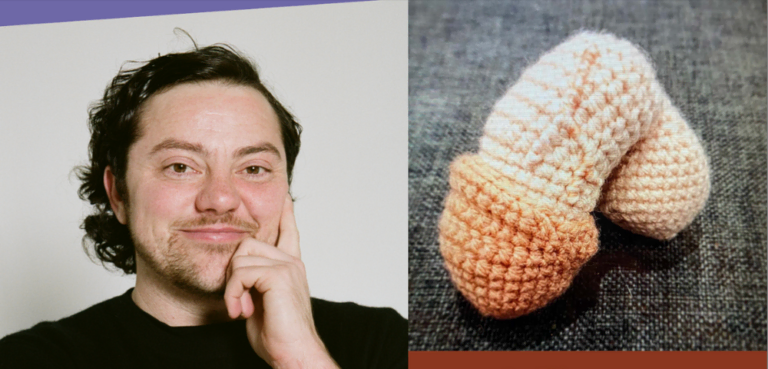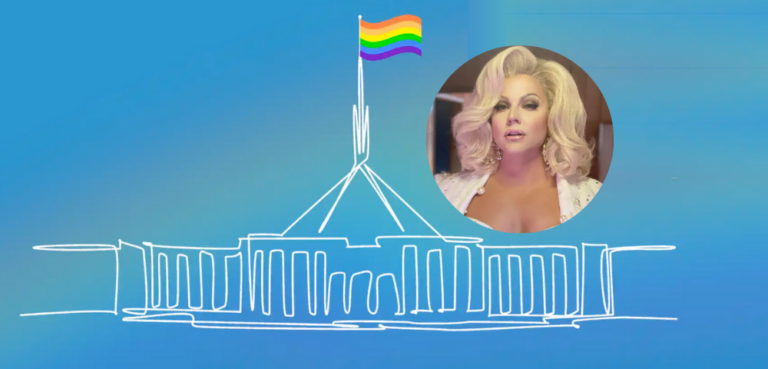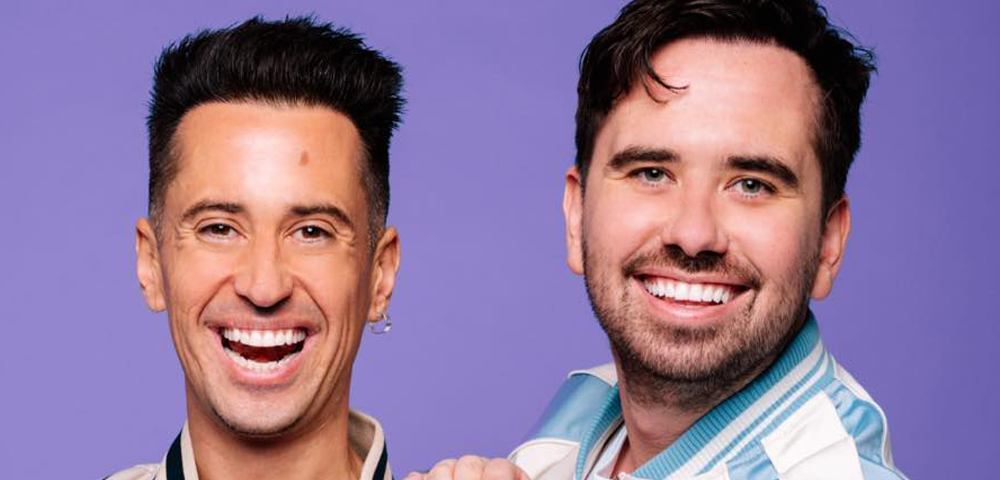
Will The Marvel Cinematic Universe Do The X-Men Justice?

On Thursday morning, we woke up to the news that Marvel Studios had announced a huge number of cast members for the upcoming Avengers: Doomsday, with the biggest shock being the return of a huge array of X-Men actors, many of them queer icons.
We already knew Kelsey Grammer was returning as Beast, but more surprising was the other returning X-actors: Patrick Stewart as Professor X, Ian McKellen’s Magneto, James Marsden as Cyclops, and Alan Cumming and Rebecca Romjin as our fav blue-skinned mutants Nightcrawler and Mystique all confirmed to appear in the film (and Channing Tatum’s Gambit, for some reason).
It’s been an open secret since Disney purchased 20th Century Fox in 2019 that the X-Men, queer favourites that they are, were set to play a huge part in the future of the Marvel Cinematic Universe. But I have to admit that this announcement for Doomsday has only enhanced my pre-existing scepticism about mutants in the MCU. I worry that these characters, who are so often fighting for change, are set to be flattened into caricatures when they take centre stage in the franchise.
The unique appeal of the X-Men, and how it clashes with MCU
I’ve always loved the X-Men, even as a kid. The aesthetics of the naturally super-powered team starring icons like Storm, Cyclops, Wolverine, Rogue and Nightcrawler taking on giant robots and humans hellbent on their destruction is of course wildly endearing to children – and naturally, the spandex doesn’t hurt either.
But as I got older, I realised that there’s nothing else quite like the X-Men in comic book media, thanks to the overtly political elements at the core of their premise that have long made mutantkind an allegory for marginalised groups. Series co-creator Stan Lee has said that this was always the intent, and gay screen legend/Magneto actor Ian McKellen has drawn comparisons to the queer community and mutants. In the present, it’s easier than ever to draw parallels between the treatment of mutants and the global queer community with a fascistic President in the Oval Office.
As a result, these characters have always resonated heavily with LGBTQIA+ readers, and the queer element of X-Men has only grown more explicit as the years go on (see David Opie’s fantastic piece on the 90s show for more examples). What makes the X-Men so irresistibly queer in my eyes is the fact that they’re hated by much of the non-mutant population of Earth due to the circumstances of their birth, but nonetheless come together as a found family to fight against hatred and for the good of all Earth’s inhabitants.

I would say at the core of any story about the X-Men is the idea of change. They fight to change the public perception of mutants, to change the world and often to change the future. Meanwhile, allowing change is the antithetical to the MCU’s approach to storytelling. It’s a franchise with a reputation for maintaining the status quo, for reflecting the real world but never really imagining a better future for it.
The MCU’s obsession with the past is most prevalent in the unending procession of cameos that have made up much of the modern-era MCU films, and bringing back all of these actors from the old X-Men films (not a single one under 50, by the way) means that Doomsday is unlikely to be any different.
They’re simply refusing to let go of the past glory of movies that are literally decades old at this point so that they can reap nostalgia points from fans of the mutants, queer or otherwise. The X-Men are not characters in a film like Doomsday: they are pieces of intellectual property deployed to maximise the number of bums in seats and money made.
It’s hard to have faith in an MCU version of X-Men
This decision also signals to me that the next live-action incarnation of the X-Men will not be daring in either a political or narrative way due to that incessant need to generate as much money as possible. It’s difficult to have faith that whichever filmmaker tackles the project will be able to properly delve into the metaphor of the material, especially given the high likelihood that any allegories to queer people or any other marginalised groups will get it labelled “woke” in our hellscape of a cultural climate.
X-Men has always been “woke”, of course, but will Disney acknowledge that when it comes to the chance to make a few million more dollars? My faith weakens even further when I consider Disney’s spotty history with the queer community, and the company’s recent willingness to scale back its DEI practices in line with the current Trump regime, despite shareholder protest. That doesn’t give me confidence in Marvel’s ability to represent the X-Men properly!

I could be wrong, and I honestly hope I am. It’s worth noting that last year’s spectacular X-Men ‘97 was released under Disney’s watch, and that show really dug into mutants as a political entity in a truly fascinating way while taking material from X-comics both new and old (it even contains the phrase “Magneto was right”). But the stakes were always much lower for ‘97, a show that went straight to Disney+ and had an existing fanbase thanks to the 90s animated show; it was in a perfect position to take risks.
Meanwhile, the stakes couldn’t be higher for the new live-action version of X-Men; the future of the MCU likely rides on the entry of mutantkind into the franchise. But it’s hard to get excited when this risk-averse Avengers: Doomsday announcement indicates a dire misunderstanding of what makes the X-Men great to begin with, and it means the future looks bleak in the MCU for the best superhero team in comics.









